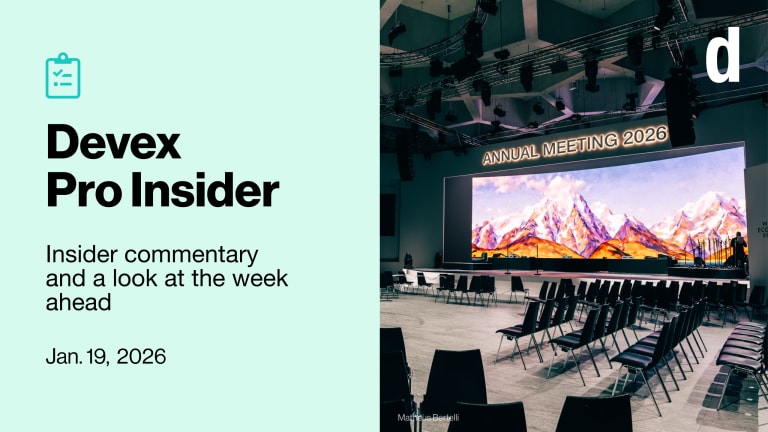To accommodate reforms, Chan proposes 5 percent increase in WHO contributions
Perhaps it was the most awaited event at the 68th World Health Assembly — World Health Organization Director-General Margaret Chan’s speech.
WHO’s leadership committed to reform her organization to what “the world needs [and] expects” from the global health body. The decisions were guided by the resolution the executive board adopted in January, and by the interim recommendations made by the expert panel charged to review WHO’s initial response to the Ebola crisis.
“I have heard what the world expects from WHO. I have heard calls for clear lines of command and control, for streamlined administrative procedures that support speedy action, for effective coordination with others, and for stronger community engagement and better communications,” she said in her speech Monday, May 18.
Search for articles
Most Read
- 1
- 2
- 3
- 4
- 5








